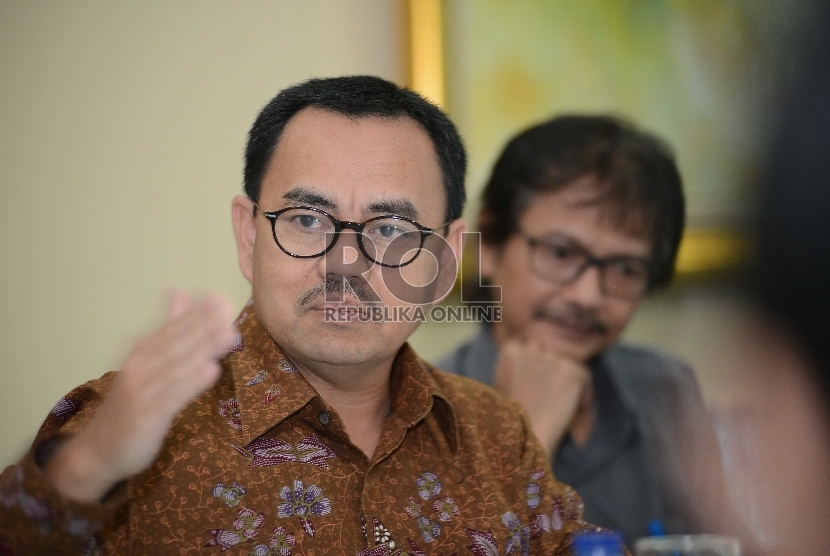REPUBLIKA.CO.ID, CILACAP -- Indonesian Minister of Energy and Mineral Resources (ESDM) Sudirman Said stated that the construction of the "Residual Fluid Catalytic Cracking" (RFCC) refinery project, phase I will be, will be completed in June 2015.
"The refinery's phase I will be completed in June and will be continued in 2018 with a blue sky (Blue Sky Program, ed.)," Sudirman remarked in Cilacap, Central Java, Sunday.
Sudirman made the statement after visiting the RFCC refinery development project in Pertamina Refinery Unit IV complex, Cilacap, the 1x660 MW Karangkandri 2 Steam Power (power plant) in Karangkandri, Kesugihan, and Unit 2 power plant construction project with a capacity of 1x660 MW Bunton Village, District Adipala, Cilacap.
The minister said that the RFCC is a modernization of the refinery to produce more value-added products.
In this case, crude oil is originally completed until the fuel oil product is processed into RON 92 gasoline locally known as "pertamax", "propylene", and some other high value added products.
"So, this is an achievement of the development process from the energy sovereignty where imports will be reduced and products can be prepared domestically," Sudirman said.
Pertamina's Cilacap RU IV accounted for 30 percent of the supply of fuel oil (BBM) nationwide, he added.
Sudirman also said that he had signed a ministerial regulation on the oil and gas block's extension contract.
"We have prepared a Ministerial Regulation and it will become a guideline. So whenever a contract is completed, we will be using it (the ministerial regulation)," he said.
The project which was inaugurated by President Susilo Bambang Yudhoyono on December 28, 2011 has an investment value of 1.4 billion US dollars.
The project is expected to increase gasoline production by 1.9 million kiloliters per year. It increases the Liquefied Petroleum Gas (LPG) production as much as 352,000 tons per year, and will produce "propylene" products up to 142,000 tons per year.
Propylene production is expected to increase the supply for the needs of the domestic petrochemical plastics industry that has been dependent on imports.


